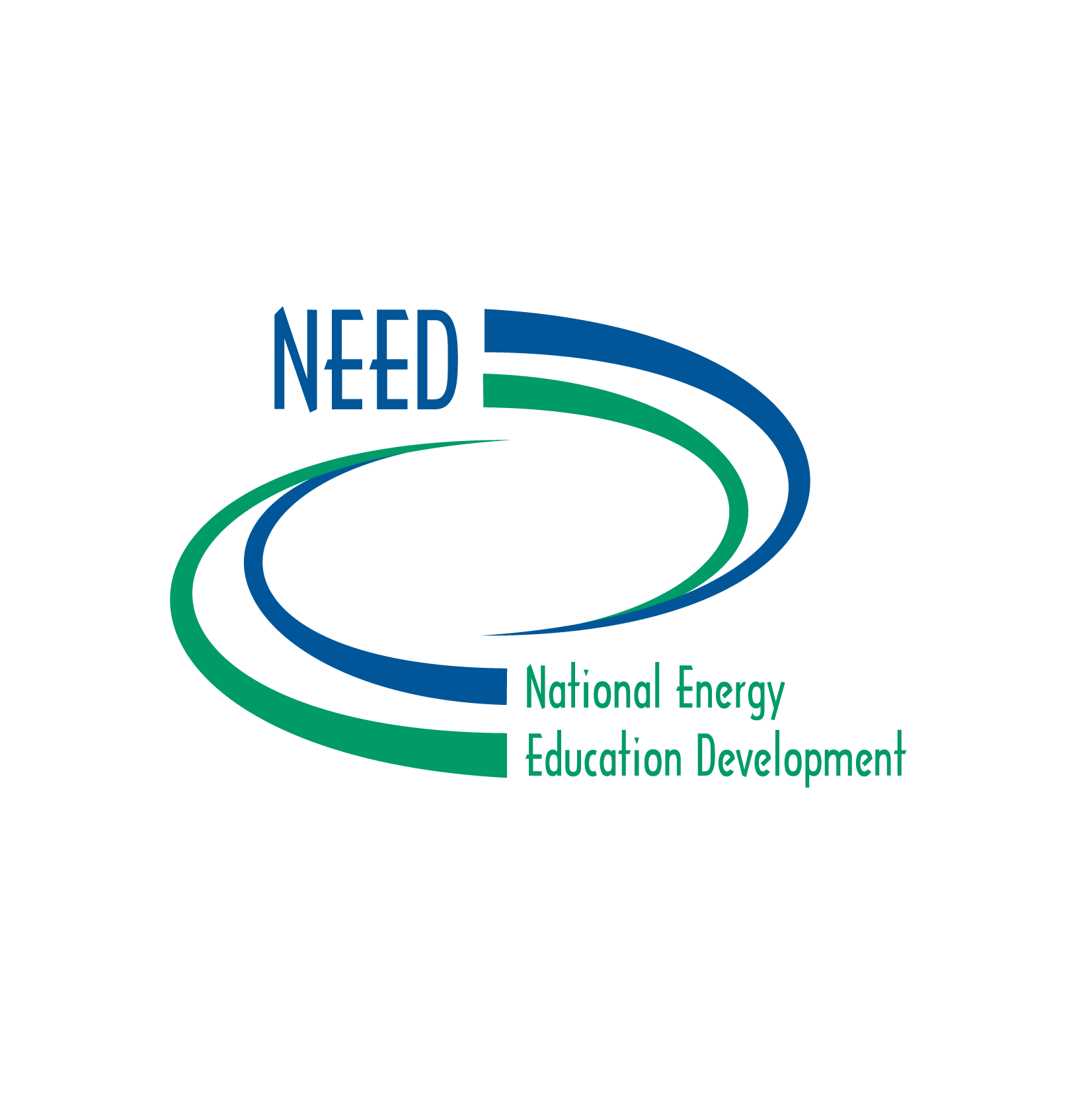
THE NEED PROJECT

2015 YEAR IN REVIEW
The mission of The NEED Project is to promote an energy conscious and educated society by creating effective networks of students, educators, business, government and community leaders to design and deliver objective, multi-sided energy education programs. NEED works with energy companies, agencies and organizations to bring balanced energy programs to the nation’s schools with a focus on strong teacher professional development, timely and balanced curriculum materials, signature program capabilities and turn-key program management.
Wendy Wiedenbeck, Encana, Chairman
Margaret Downey, Barnstable County, MA/Cape Light Compact, Vice Chairman
Randall Luthi, National Ocean Industries Association, Treasurer
Kristy Monk, NiSource, Secretary
Guy Caruso, U.S. Energy Information Administration (ret)
Kristi DesJarlais, Saxum
Diane Lear, National Hydropower Association
Linda Lung, National Renewable Energy Laboratory
Kate Marks, U.S. Department of Energy
Michael Perna, ConEdison Solutions
H. Alfred Ryan, Exelon
John Weiner, U.S. Energy Information Administration (ret)
Wayne Yonkelowitz, Fayetteville Middle School, Fayetteville, WV
Paula Barnett, BP
Constance Beatty, Kennedy Middle Grade School, Kankakee, IL
Phil Cochrane, BP
Leslie Eden, PennWell
Tom Fry, National Ocean Industries Association
Kevin Galligan, Cape Light Compact
Paul Loeffelman, American Electric Power
Maurice Royster, Equitable Resources
Barry Russell, Independent Petroleum Association of America
Linda Silinsky, Schlumberger Oilfield Services
Bob Stewart, National Ocean Industries Association
Henry Sullivan, American Electric Power
Richard Zuercher, Dominion
Mary Spruill – Executive Director
Cassie Chesson – Program Assistant
Amy Constant – Program Associate
Yvonne Cramer - Creative Director
Cindy Foster – NEED Distribution Center
Rick Hall – NEED Distribution Center
Sandy Harben - Accounting and Office Administration
Melanie Harper – Program Associate
Emily Hawbaker – Curriculum Director
David Keene – General Counsel
Vernon Kimball – Curriculum and Training Associate
Rebecca Lamb – Program Director
Kim Moats Barnes – Program Associate
Wendi Moss – Program and Training Coordinator
Karen Reagor – Regional Director, Southeast
Todd Rogers – Regional Director, Northeast
Barry Scott – State Program Director, California
Melissa Spencer – NEED Distribution Center
Bonny Spruill – NEED Distribution Center
Caryn Turrel – Curriculum and Training Associate
Cindy Welchko – Curriculum Associate

For 35 years, the last day of school and the beginning of summer have signified the start of some of the most exciting things that happen at NEED. Summer gives us the chance to celebrate energy accomplishments from the past school year with NEED teachers and students from all over the country and to train great new NEED teachers for the start of a new NEED year. Each June, we are fortunate to welcome over 500 NEED teachers, students and their parents to the NEED Youth Awards Program and National Recognition Ceremony.
The four days of the Youth Awards Program and National Recognition Ceremony are a time of learning, celebrating and recognizing energy education and the great students and teachers that are at the heart of the NEED network all year long. The event highlights how successful NEED’s Kids Teaching Kids programming is. It’s a reminder that NEED teachers and students have been doing STEM in the classroom since before it was even an acronym and NEED students and teachers have been teaching others about energy every day for 35 years. We have an impressive history, an energetic and exciting present, and a future that is bright with the leadership of today’s NEED kids and the engagement of some of the best teachers ever to enter a classroom or to teach an afterschool program.
We are an energy organization, so it’s appropriate to think of how powerful NEED curriculum and teacher training are. Teachers and students train to use NEED in the classroom or in the extracurricular setting. They plan their energy units and think about what energy topics students most want to learn about during the year. They engage local energy companies and organizations to share knowledge, and they are powerful. NEED kids change ideas and attitudes by teaching about energy. NEED teachers provide the classroom support to help students explore, learn and form their ideas and opinions about energy. NEED students and teachers are powerful because of their knowledge and the skills they gain through NEED and other activities.
The new school year is only about six weeks away in some of our schools (“Yikes” you may say!). As teachers scramble to find the most engaging ways to meet the requirements of Common Core and the Next Generation Science Standards, we’re happy to have plenty of resources to offer them. NEED is a one stop shop for all energy-related standards and a great resource for cross-curricular connections too. We are working hard to bring our teachers and students more opportunities, more energy connections, and more fun than ever before. Energy is a powerful thing and understanding it gives our students a head start in tomorrow’s energy jobs.
Stay in touch with us in the coming school year. You’ll be seeing updates from our NEED Facilitator Training (coming July 2015 in La Quinta, CA) and our NEED Energy Conference for Educators (also in July 2015), our Tri-State Energy Conference for Educators, hundreds of fall workshops, exhibits at science and STEM conferences and conventions, major energy conferences and more. We’re busy and we’re looking to find new opportunities to bring the world of energy to our teachers and students right in the classroom! It’s nerdy and it’s fun. The opportunities in energy are endless. I hope today’s NEED kids will grab the energy jobs of the future and turn all their knowledge into great energy careers. Energy is fun. Energy is power. Let’s continue to harness the power and momentum of our students, teachers, and partners for great success!
With many thanks,Mary E. Spruill
Executive Director

Seemingly, in a blink of an eye the 2014-2015 school year ended. For NEED, it was another year of delivering comprehensive, objective curriculum about all forms of energy—across the U.S. and around the globe. I am especially proud of the role we play in keeping the energy dialogue relevant, balanced, and science-based. While other energy education programs exist, none can duplicate the dedication, determination, and passion the NEED team has for our mission of promoting an energy conscious and educated society. Because of the teams’ steadfast focus on improving programs and expanding our educator network, we continue to hold a position of leadership in energy education around the globe.
To the staff and our extended family of students, educators, business and community leaders that continue to serve as champions of the NEED mission, thank you. Thank you for sharing your gifts of insight, experience, and resources with the organization. Your passion and commitment plays an important and critical role in our success. Whether you support our mission financially, or give of your time or talents, know that we cannot do it without you.
As we move forward in 2015 and beyond, I am proud of what NEED has accomplished and excited about the future of the National Energy Education Development Program
With deep admiration,
Wendy J. Wiedenbeck
Chairman
Over 35 years ago, The NEED Project began as a one-day celebration of energy education when National Energy Education Day was recognized by a Joint Congressional Resolution. In the same year, President Jimmy Carter issued a Presidential Proclamation stressing the need for comprehensive energy education in our schools, a reduction of our dependence of fossil fuels, and increasing use of renewable energy technologies and energy efficiency. Since its founding, NEED has kept its Kids Teaching Kids philosophy as a fundamental principle of NEED programming – encouraging students to explore, experiment, and engage and encouraging teachers to embrace student leadership in the classroom. NEED trains and assists teachers in harnessing the energy of the classroom – the energy of students.
NEED is expanding and evolving to best meet the needs of today’s teachers and students – in the classroom and beyond. In just the last decade, The NEED Project has grown to encompass a curriculum portfolio of over 130 teacher and student guides designed to teach teachers and students about energy. At the same time, the training opportunities offered by NEED expanded to include over 20 varieties of teacher professional development and training for school district energy personnel as well. NEED’s work in afterschool programs, student clubs, scouting groups, and home school networks continues to grow as well.
NEED students and teachers understand energy. They are local experts and leaders in community discussions on energy use, energy efficiency, and new energy technologies. They reach out to the public to actively teach about energy and energy decisions and they practice smart energy decision making with their own families and in their own homes. NEED’s reach, program, and portfolio are very different than they were in the early years, but they still focus on the important student leadership development that sets NEED apart from being just another curriculum organization. A balanced approach to a discussion of energy is fundamental to how NEED curriculum is written, delivered, and shared.
NEED designs and delivers curriculum and support for virtually any classroom and at any grade level– from Kindergarten to High School and beyond– from Science and pre-engineering labs to Language Arts and Afterschool Clubs. Students use hands-on, inquiry based lessons to explore the physics and chemistry of energy. They engineer turbines and generators, testing their models for maximum electricity output. Students write and perform plays about energy in drama class, calculate payback periods of energy efficient appliances in math class and discuss the history and human impact of energy use in social studies. We work hard to help teachers meet the requirements of state standards, Common Core, and the Next Generation Science Standards.



Educators know that participating in NEED workshops provides them an opportunity to improve their personal energy knowledge while receiving valuable training and ideas to use in their classrooms – no matter what grade level they teach. Educators report that the curriculum is appropriate for individual grade levels and that the training provided allows them to return to their classrooms and use the materials immediately. It is an honor to know that 100% of teachers attending NEED workshops report that they would recommend the workshop to their peers and that they will use the materials in their classrooms. Word of mouth is our best marketing effort!
NEED sponsors and partners know that supporting NEED programming provides teachers with the best in energy education and teacher support. Teachers continue to report that they do not receive adequate energy instruction in their college and university courses, yet state and national standards have significant sections devoted to the science of energy and to the energy resources used to provide electricity, transportation, and products. Working with education and energy advisors, NEED designs and delivers professional development opportunities for teachers that not only educate, but also energize and remind teachers of the fun that is possible in the classroom.
Whether attending a one-day workshop or the five-day National Energy Conference for Educators, teachers interact and share ideas with their peers. Speakers from local and national energy organizations share information about careers in the energy industry and the exciting energy technologies in development today. In addition, as school districts continue to seek ways to reduce budgets – many turn to energy conservation as a way to reduce overall costs. NEED hosts High Performance Schools Conferences for school district facilities personnel.
Whether delivered to teachers, students, or energy professionals, NEED makes training fun, engaging, and worthwhile. People participating in NEED training share that the experience is a good use of their time and that their expectations are met and exceeded. These are factors of success NEED works to achieve each day.
NEED curriculum and training focuses on several steps in energy education. Those steps, when followed together, make up a comprehensive energy education program in a classroom, an afterschool program, or a technical school or college.

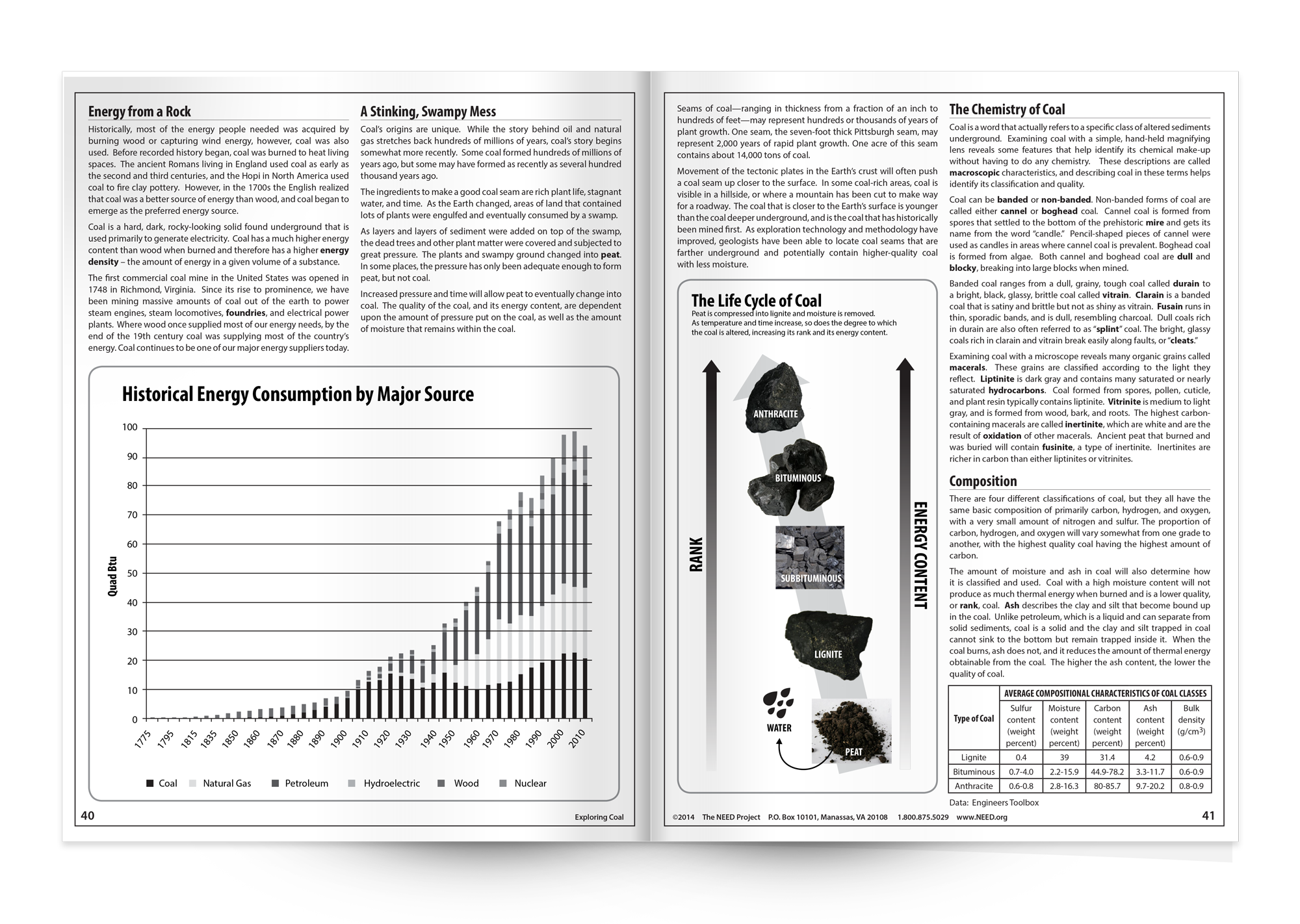

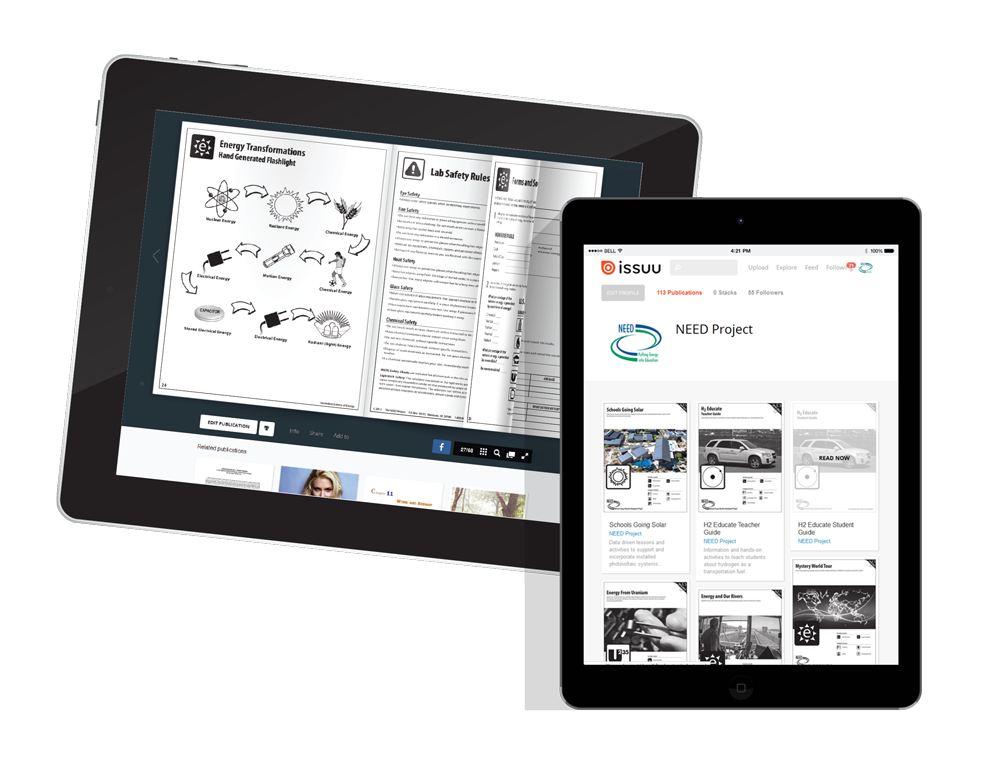
Teachers across the country have been reviewing and integrating new standards into their classrooms. The Common Core Standards and the Next Generation Science Standards are new to teachers and provide both challenges and opportunities in the classroom. NEED is already ready with great content, classroom management techniques, student development skills, and the teacher training needed for schools to achieve success with these new standards.
The Common Core State Standards (CCSS) have been adopted in forty-five states, four territories, the District of Columbia, and by the Department of Defense Education Activity. CCSS are divided into two main areas: English and Language Arts; and Mathematics. Because NEED curriculum guides already have a cross-curricular approach, many of them align well with CCSS standards, especially at the intermediate level with respect to developing and defending a position. The CCSS do not indicate specific titles for teaching specific skills. As a result, teachers can include more energy-related activities and reading within their classrooms. NEED can help teachers meet standards in reading, writing, and math while providing relevant lessons in energy and sustainability. All NEED curriculum materials have been correlated to the CCSS and these correlation spreadsheets are available to educators on our website.
The final version of the Next Generation Science Standards (NGSS) was released to the public in early April 2013; the adoption process within states and territories is ongoing. The major difference between NGSS and the National Science Education Standards that preceded them is the integration of spiraling concepts and engineering practices. Another important distinction of NGSS is the strong emphasis on modeling concepts. Modeling begins as early as first grade, with the heaviest emphasis on modeling at the high school level. NEED curriculum guides provide many opportunities for teachers and students to model the energy standards. Tracing a carbon atom through the carbon cycle, or watching breakfast syrup “hydraulically fracture” a gelatinous material allows students to understand things they cannot physically see for themselves.
Designing a solar home or analyzing weather data to site a wind turbine allows students to develop models while showing how engineers work every day. The ability of teachers to use NEED materials across grade levels will also allow teachers to bridge any learning gaps in their classrooms as they adopt the more rigorous NGSS. NEED’s content and recommended classroom processes engage and excite kids. What a great way to meet the standards and help teachers keep students active and engaged in the classroom!
All NEED schools have outstanding classroom-based programs in which students learn about energy. Some schools have student leaders who extend these activities into their communities. To recognize outstanding achievement and reward student leadership, The NEED Project conducts the National Youth Awards Program for Energy Achievement.
This program combines academic competition with recognition to acknowledge everyone involved in NEED during the year - and to recognize those who achieve excellence in energy education in their schools and communities. The students and teachers set goals and objectives, and keep a record of their activities. In April, the students combine their materials into presentations and submit them online.
Below are the 2015 National Youth Award Winners.To view the Finalists, State Winners, and all the other fantastic projects submitted visit The YAP page or the individual State pages.

Special thanks to the Sponsors of the 35th Annual NEED Youth Awards for Energy Achievement
American Electric Power
Cape Light Compact
ConEdison Solutions
ConocoPhillips
Dominion
Encana
Eversource
Hawaii Energy
Kentucky Department of Energy
Development and Independence
Louisville Gas and Electric/Kentucky Utilities
National Grid
NRG Energy
National Ocean Industries Association
Ohio Energy Project
Pacific Gas and Electric Company
PECO
Phillips 66
Rhode Island Office of Energy Resources
Shell
Society of Petroleum Engineers
Tennessee Department of Environment and Conservation
U.S. Department of Energy
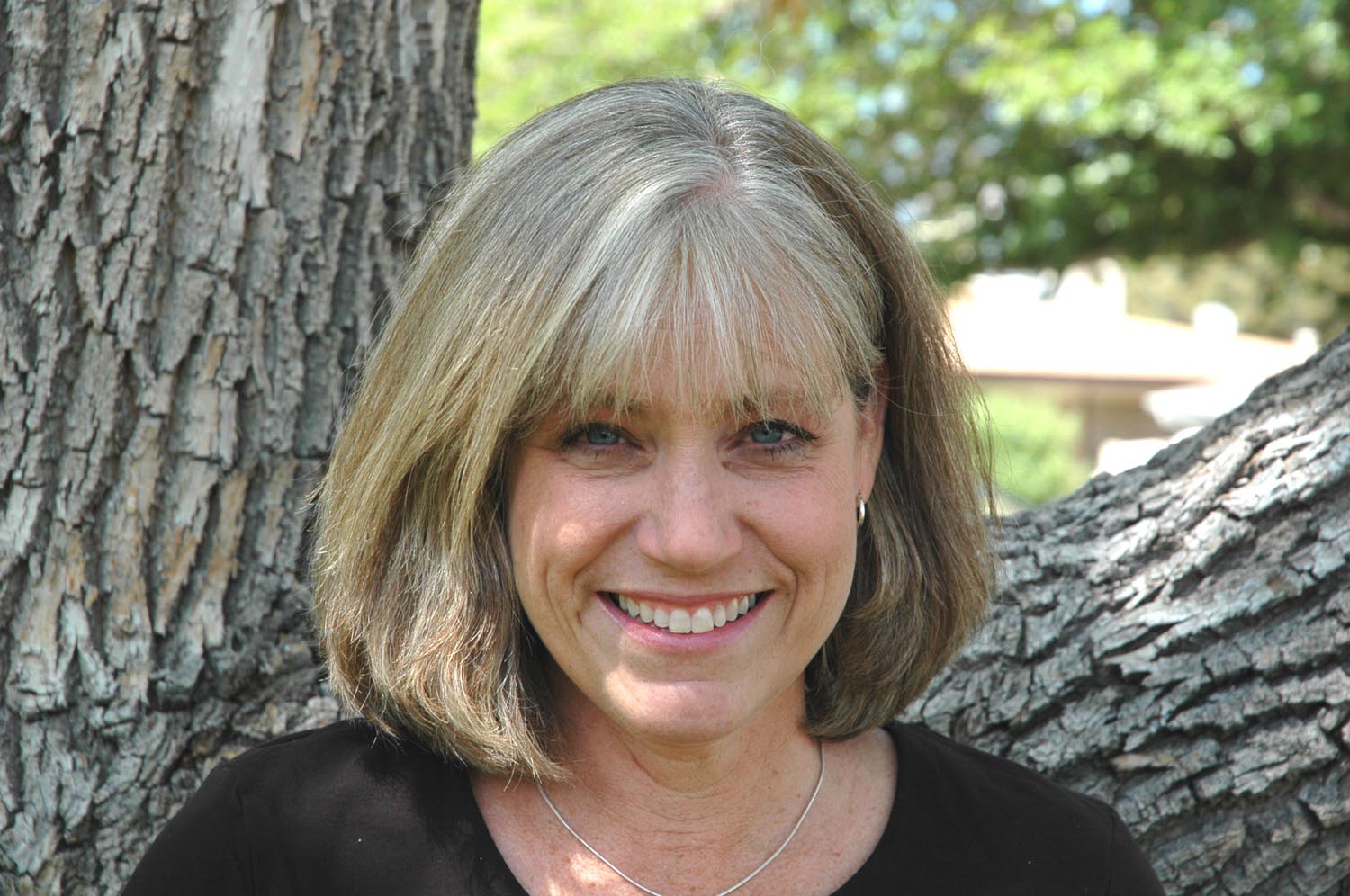
The NEED Project congratulates the 2015 recipient of the Bob Thompson Excellence in Energy Award. NEED congratulates Barbara Lazar of Bosque School in Albuquerque, New Mexico! The Bob Thompson Excellence in Energy Award was created by NEED in honor and memory of long-time NEED teacher and staff member Bob Thompson.
Bob was a dedicated teacher, friend, and proponent of science and energy education. His time at NEED enriched many, encouraged all, and improved the way we present and teach about energy in our curriculum and training workshops. Bob was a good friend to many here at NEED and he and his spirit live on in our work. Because of this, NEED established the Bob Thompson Excellence in Energy Award that is given each year to a teacher who exemplifies Bob’s childlike wonder of science and energy.
The award includes a $1,000 cash grant to the teacher to use as he/she chooses in the classroom and an all-expenses paid trip to the NEED Facilitator Training hosted in La Quinta, California in July 2015. The award will be given at the Annual NEED Youth Awards for Energy Achievement in Washington, D.C. June 29, 2015.
Barbara’s nomination detailed her this way, “Barbara Lazar is a student and kid at heart. The energy she brings to teaching and learning (inside and outside of the classroom) is contagious. Her energy impacts every student – and every student wants to learn, excel, and share what he or she is learning. Barbara’s efforts to share her knowledge of energy go beyond Bosque School – with her work facilitating NEED workshops across New Mexico and around the country, sharing energy experiments and information in Santa Fe at Energy Day, and so much more. Her energy, nerdiness and sense of humor make her the perfect candidate for this award.”
In addition, Barbara receives the NEED Distinguished Service Award on June 29, 2015. This award recognizes an individual who has made a dedicated effort to make NEED successful in every way. Barbara serves as an active participant on NEED’s Teacher Advisory Board – writing curriculum, reviewing curriculum, contributing to Energy Exchange and Career Currents newsletters and more. She is on the go for NEED too, facilitating NEED workshops across New Mexico and around the country. She is fun, she is smart, and she is always thinking about ways to improve her teaching, improve and enhance her students’ experience in the classroom, and always finding ways to support NEED’s efforts in the classroom and in the community. Barbara and her husband Robert Lazar, also a 2015 Distinguished Service Award Winner, also gave NEED three of its very best teachers, students and friends. NEED is lucky to have Didi, Shayna and Mikaela Lazar among its very best!
Congratulations to this great energy educator and wonderful friend of NEED.
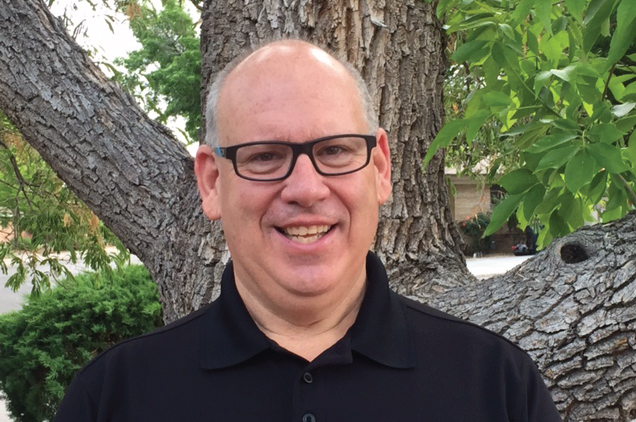
Robert Lazar became an immediate NEED rock star when he was the unofficial tour guide for NEED’s Energy Conference for Educators hosted in Albuquerque, New Mexico one very rainy July almost 18 years ago. Over 75 people had come to New Mexico from all over the country to learn about NEED and find ways to bring energy education into their classrooms. They also wanted to see more of New Mexico. And it rained. A lot. And rained some more. And the agenda for the conference (way back then) was grueling, with 7 a.m. starts and 10 p.m. stops. Lots of rain and really long days and Robert saved the day. He and his wife and teaching partner, Barbara Lazar, brought their students to teach the Science of Energy to all the teachers attending. And they were awesome. Even the littlest of the students- Robert and Barbara’s daughter Mikaela – was helping with experiments and showing off what NEED’s Kids Teaching Kids philosophy can do. Mikaela went on to become a NEED Youth Awards Staffer too. Robert made the whole experience rewarding.
Fast forward many years of workshops and classroom activities and award winning NEED projects at Cleveland Middle School and Robert and Barbara worked hard on NEED and BP’s A+ for Energy Program – providing training and support to teachers receiving A+ for Energy Grants in New Mexico and beyond. He served on our national training team, scored grant proposals, and even won a major grant himself – then built his Energy Trailer – complete with energy experiments, lessons and displays for students of all ages. The Energy Trailer has toured New Mexico many times – taking energy education and NEED programs to all four corners of the state and appearing regularly in Santa Fe at the Roundhouse. Robert is an avid “nerd” and is always looking to learn and teach more.
Robert was the first teacher to serve on the NEED Board of Directors, paving the way for NEED’s governing body to always have a teacher’s perspective front and center as decisions are made for the future of the organization. His service on the NEED Teacher Advisory Board has been filled with writing curriculum, testing new ideas, and finding ways to make NEED even better. As he transitions out of the classroom to his new role as Energy Manager for Albuquerque Public Schools, we are excited to see his “energy nerdiness” take full bloom. He accepted the challenge of saving energy and teaching about energy across the entire school district and there is no one better suited for that job.
Robert, thank you for all you have done, and will do, for NEED. Congratulations!
NEED congratulates Janelli Pineda of Independence High School in Bakersfield, California! The Youth Energy Leadership Award was created by NEED’s Board of Directors to recognize students who go above and beyond in their pursuit of energy knowledge and in the teaching of others. Janelli, as a student in the Pacific Gas & Electric Energy Academy at Independence High School, is among the best and works tirelessly to teach others, to learn more, and to engage with her local community. She and her teammates at Independence High School host workshops for local schools, adopt classrooms full of elementary kids eager to learn about energy, and complete internships and energy projects. They think big ideas and make them happen.
The award includes a $1,500 scholarship to be used for her post-high school educational plans. She intends to pursue a degree in chemical engineering and biochemistry. She receives an all-expenses paid trip to the 35th Annual NEED Youth Awards for Energy Achievement. The award will be given at NEED’s National Recognition Ceremony in Washington, D.C. on June 29, 2015.
Janelli’s nomination from her teacher Aaron Jacobson said, “Janelli has a great ability to look at solving problems in creative and unique ways, and a strong desire to affect change in her community. She is constantly trying to acquire new knowledge about energy education and has a genuine desire to share this knowledge with those around her.”
In Janelli’s own words, “NEED not only puts the energy into energy education; but also puts a special type of energy and passion into students. I have been lucky to have the opportunity to be involved with the PG&E Energy Academy at Independence High School and introduced to NEED through that program. It has impacted my life both personally and academically and I have been fortunate to be a part of the NEED and the Energy Academy family for the past three years.”
Congratulations to this extraordinary young woman. She’s one to watch!

The NEED Teacher Advisory Board was created to assist NEED's staff, Board of Directors, and participants in planning, evaluating and implementing curriculum, programs, and special projects. The group meets one-two times a year and works to maintain the objectivity and comprehensiveness of NEED curriculum and programs. The Teacher Advisory Board members are available to assist NEED teachers nationwide with questions, comments, and suggestions.